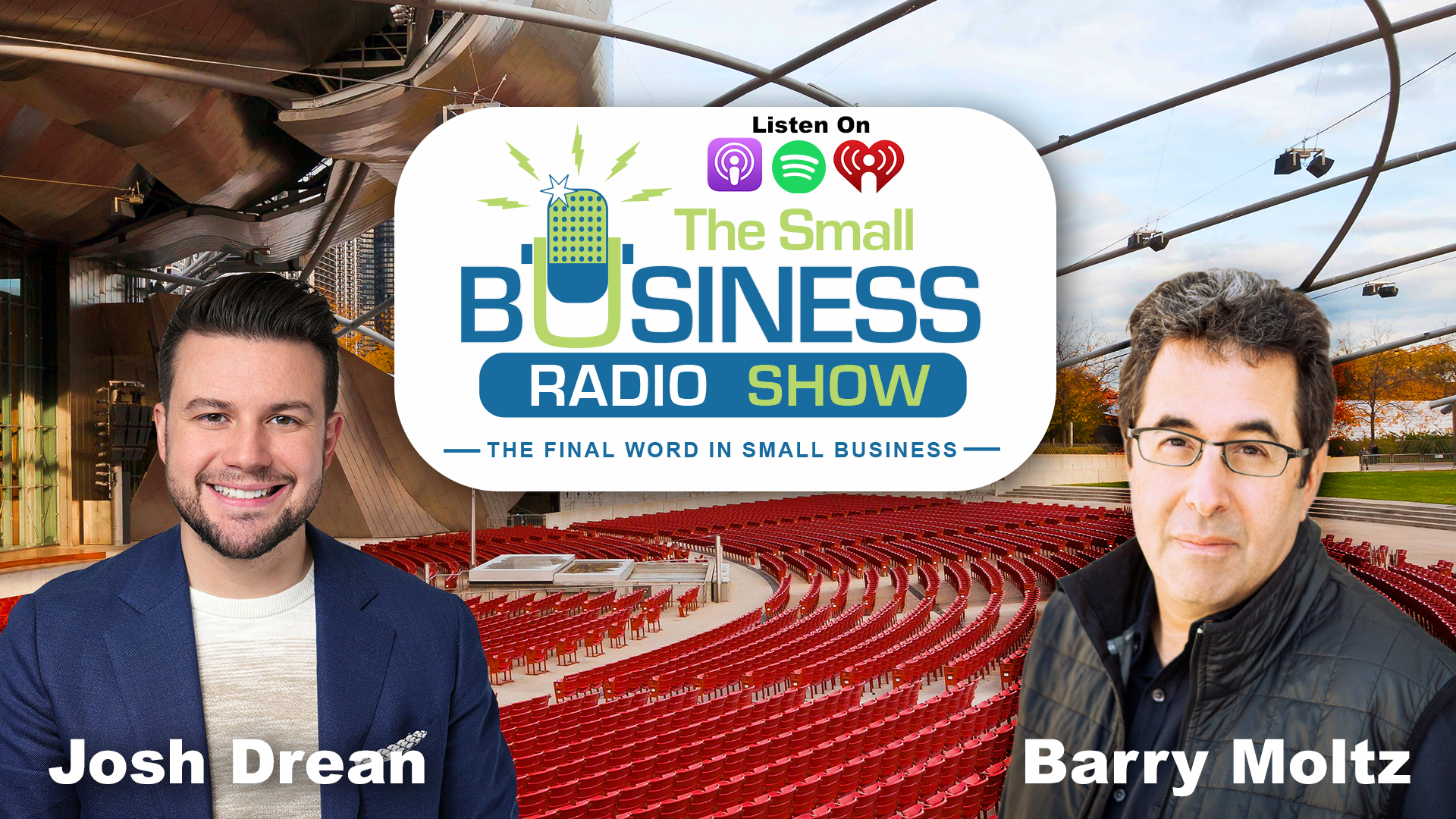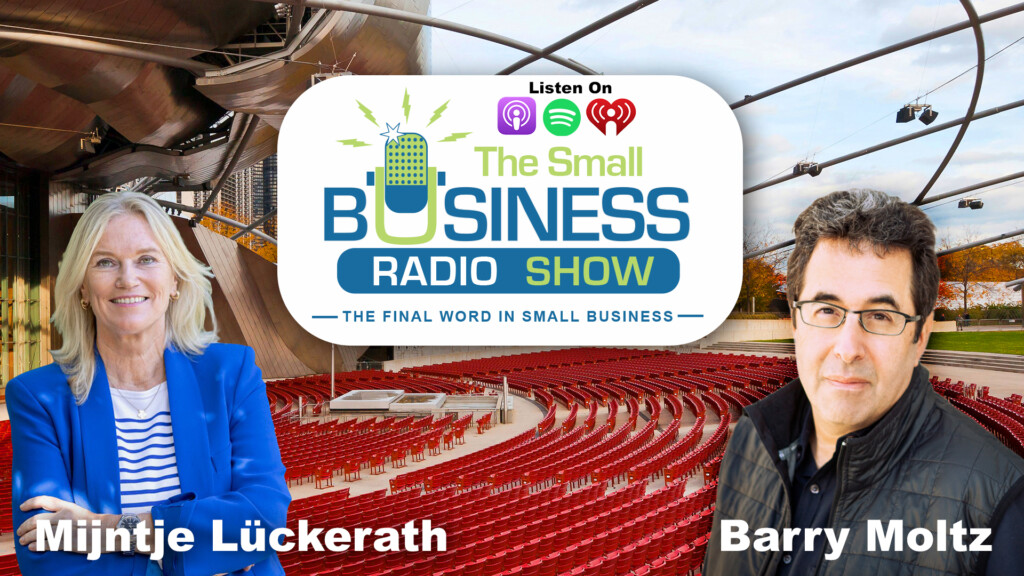Listen to “#821 Is Employment Dead?” on Spreaker.



On this episode of The Small Business Radio Show…
Since COVID 19, we have seen a drastic redefinition of how people define work and employment – and a redefinition of how they want to make a living. As my first guest says in the title of his book – Is employment dead?
Josh Drean is cofounder of the Work3 Institute. He is also a Web3 and Workforce Advisor at the Harvard Innovation Labs and cofounder of DreanMedia. Josh is an HR transformation expert who connects emerging technologies with workplace strategies. His work has been featured in Harvard Business Review, Forbes, Fast Company, and MIT Technology Review, and his YouTube channel has garnered millions of views. His new book declares “Employment is Dead”.
We discussed:
1. “Employment” and “work” used to be synonyms, but the title of your book declares “Employment is Dead”. However, people still want to contribute their skills and earn an income. How is “employment” different than “work”?
2. In the book, you share the ten operating principles of Work3: partnership, transparency, autonomy, ownership, decision-making, flexibility, upskilling, incentives, interoperability, and community. How can they help unlock the full potential of a workforce?
3. Can you explain how GenAI can provide advanced training and upskilling opportunities, , enabling personal growth and development, which can prepare a workforce for new challenges?
4. While the gig economy can eliminate the need for middlemen or managers, allowing workers to engage directly with clients or customers, how can individuals approach their personal development in the future and become aware of where they need additional skills?
5. What do you see is the role of HR in the new future of work?
What is the role of a board of directors and do most of them lack a moral compass?
Mijntje Lückerath-Rovers is a full Professor in Corporate Governance at TIAS Business School, Tilburg University, the Netherlands. She holds a PhD in financial economics and is also a labor and organizational psychologist.
Here is what we discussed:
1. Why is it too simplistic to say that directors lack a moral compass?
2. You describe utilitarian and deontological ethics in your book, what is the difference, and why is it relevant in the boardroom?
3. Can you give an example of a recent case where a moral dilemma entered the boardroom?
4. What would be your advice to directors?




Leave A Comment